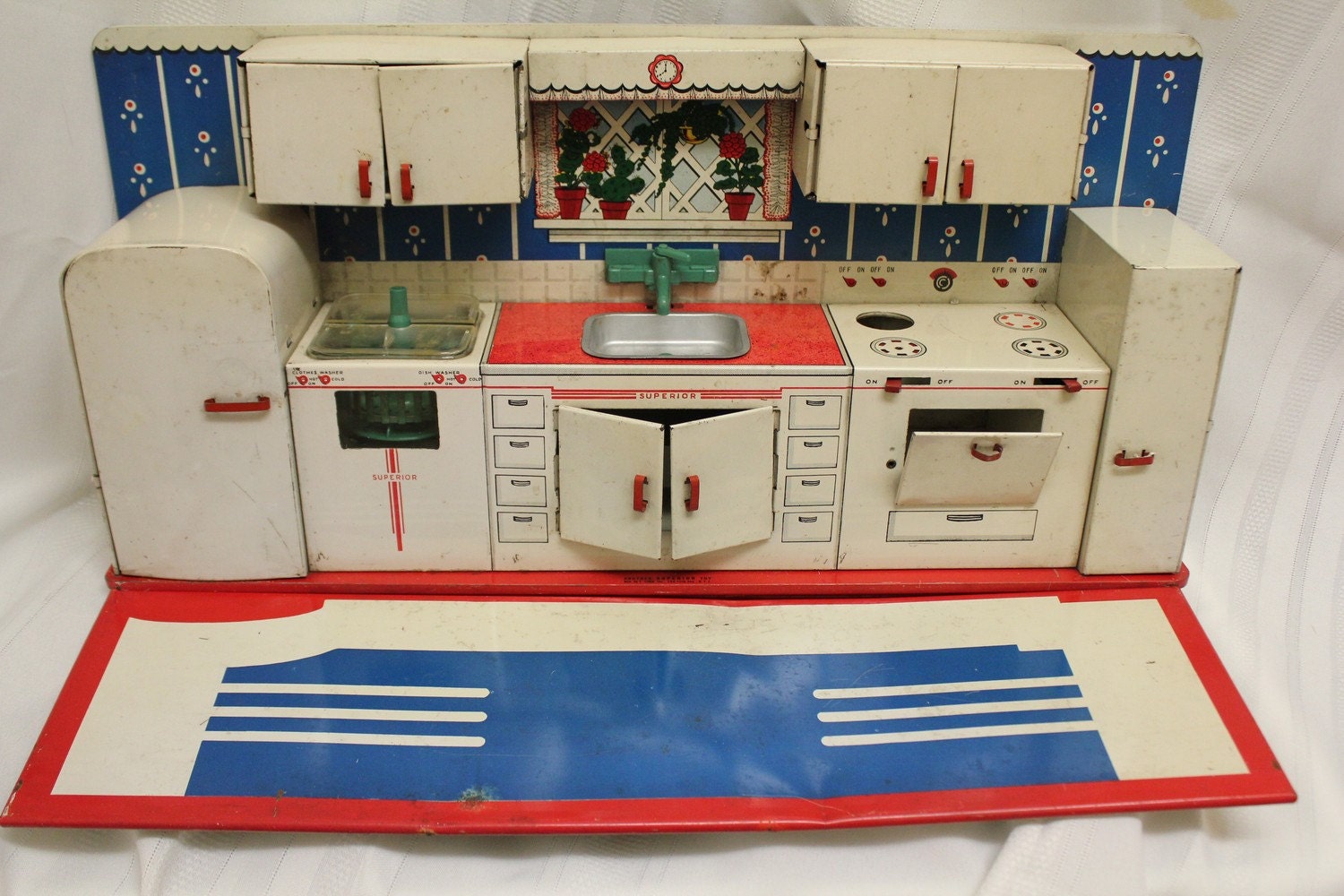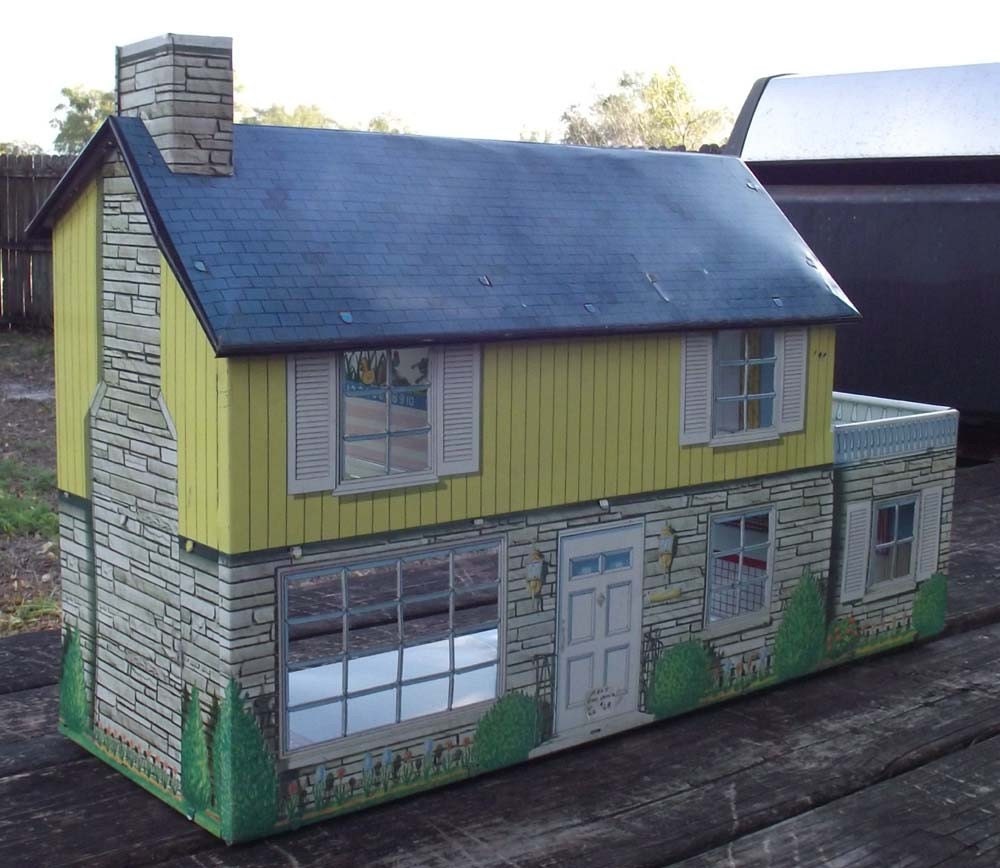A dollhouse is a toy home, made in miniature. For the last century, dollhouses have primarily been the domain of children but their collection and crafting have increasing become a hobby for many adults.
In the 17th and 18th century, following the Industrial Revolution, dollhouses became teaching tools for young Victorian Ladies who learned the basics of homemaking and household management. This was the first time children were allowed to “play” with a dollhouse. During that time however, only children of the wealthy received dollhouses since they were still very expensive to manufacture, and, the young ladies needed to learn proper household management skills so they could host their own social events. Eventually, mass production reduced the costs of dollhouses so that children from all social structures could have one.
 |
| Lovely example of early 20th century Doll House. Photo courtesy of Jenzart |
The baby houses of the seventeenth and 18th centuries, and the toy dollhouses of the nineteenth and early 20th century rarely had uniform scales, even for the features or contents of any one individual house. Although a number of manufacturers made lines of miniature toy furniture in the 19th century, these products were not to a strict scale.
 | |||
| Fantastic example of a T.Cohn kitchen courtesy of CoalCountryVintage |
 |
| 1950's Marx Doll House courtesy of RetroVintageBazaar |
The most common standard for adult collectors is 1:12 scale, also called 1" or one inch scale (where 1 foot is represented by 1 inch.) Among adult collectors there are also smaller scales which are much more common in the United States than in Britain. 1:24 or half inch scale (1 foot is 1/2") was popular in Marx dollhouses in the 1950s.